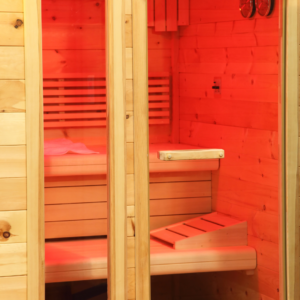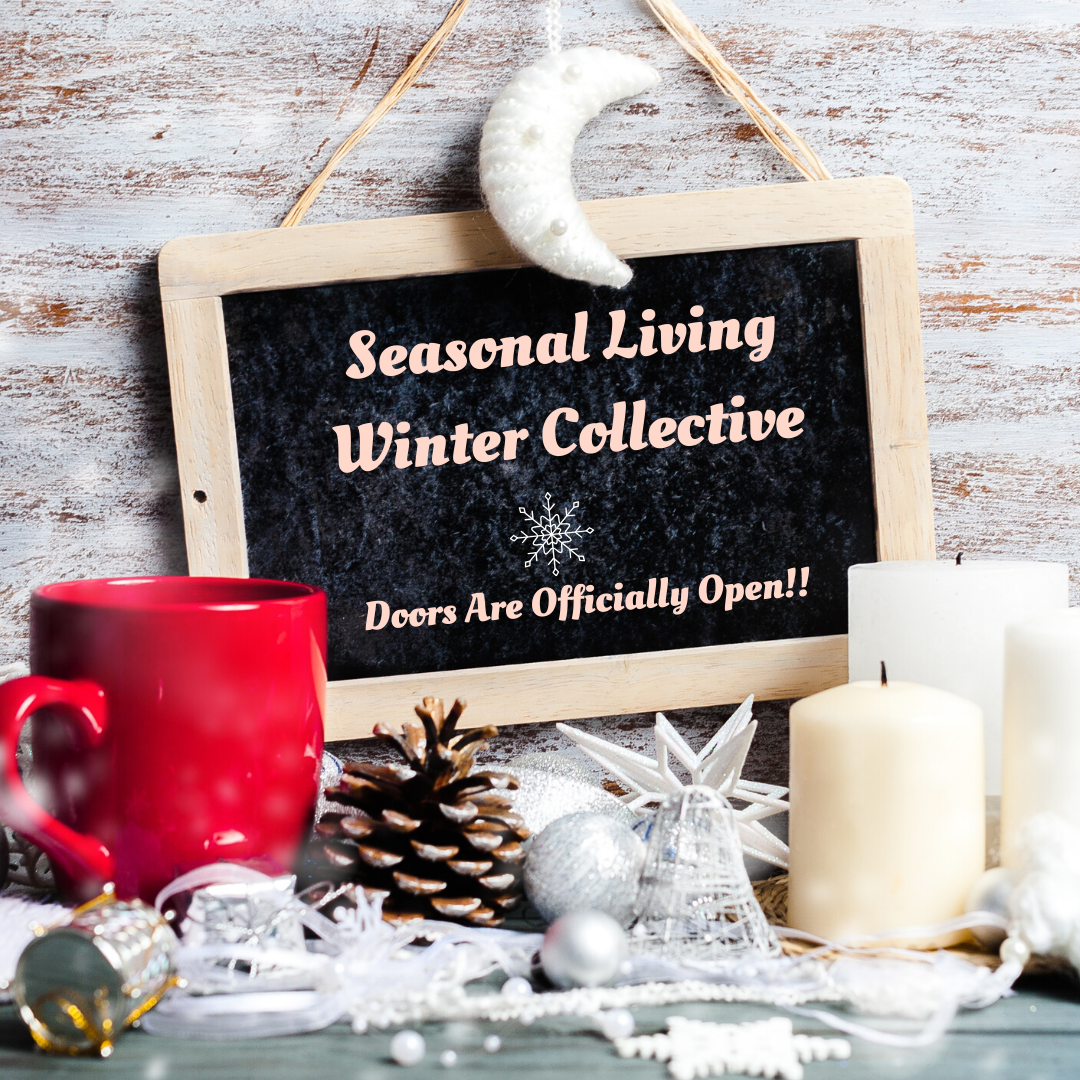Ayurvedic Approach to Early Winter
Early Winter Season
Hemant Ritu in Ayurveda is related to the Early Winter season. In India those dates range from Mid-Oct.-Mid-Dec. Those dates might not align to your early winter season so make sure you adjust those dates pending on when the early winter months are for you.
The dosha that is accumulating in this season is the kapha dosha while pitta dosha will start to pacify according to the Astanga Hrdayam text. Vata dosha is also one to keep an eye on as it's been accumulating in the autumn season so you need to be mindful of where it stands as you enter the winter season.
The qualities of food to enjoy will be cooked, warming and heavier in nature. Agni (or digestive powers) are usually at their peak in the winter months. Bringing your awareness to your digestion to make sure you stay regular will be key and not feel too dried out.
In this section our remedies and rituals will focus on bringing warmth and movement to the body.
Your Early Winter Plan
Grounding, warmth and nourishment are going to be your focus keywords this season. What does grounding mean? Grounding in yoga and Ayurvedic terms relates to your mind and body being present and you are living in the moment. You are able to stay focused and are not easily distracted by life’s demands. The warmth focus for this season will be related to your food choices, beverages and making sure you dress in layers as the Hermant Ritu season can be one that is a bit scattered in energy. One day it will be warm the next frigid temperatures.
Finally the nourishment piece will look different depending on what your individual goals and needs are right now. If you feel depleted in the vata dosha your nourishment might look like, more time spent in meditation, eating foods that are heavier in nature, and making sure you have routines in your life. If you feel depleted in the pitta dosha your nourishment could be in regards to your self-care practices. What fills up your cup? For some it could be movement, others pranayama, meditation or getting out in nature. If you’re kapha dosha is feeling depleted make sure you get outside in nature and move your body. Nourishing yourself from the inside out will help you shake off stuck energetic vibes.

Ancient Text Lifestyle Practices
Abhyanga
Abhyanga is self-massage. It means self-love in Sankskrit. As you massage the warm oil all over your body focusing on loving aspects of yourself even when you might not fully feel that. How can you focus on the nourishment of the practice.
Vata-reducing oils are recommended in this season so- sesame oil, lavender oil or I recommend the brand Osi and purchase their vata pacifying oil.
Oil Discount
Keeping your Feet Warm
The ancient texts emphasis keeping warm footwear on your feet. Why? It can cause a vata aggravation if your feet are getting cold constantly. That is why sunbathing is recommended in ancient texts to the best of your ability. Sunbathing in a colder state might be sitting in the sun from a window in your home, like your cat!
Jentaka (Modern Day Sauna)
Enjoying the warmth of a sauna whether it be a red light sauna or traditional sauna to help pacify the vata dosha and keep things moving with the kapha dosha. The sweating can help reduce kapha accumulation in the body. If you're experiencing a pitta imbalance you might want to be mindful of saunas in excess to not aggravate it.
I personally love an infrared sauna in the winter months. I usually like to go 3-4 days a week for 30-40 minutes. It's also a meditative and mindfulness activity for myself to be away. I recommend not looking at your phone, not listening to music and really just being with the experience to help regulate the nervous system as well.
Rituals for the Early Winter Season
A warm beverage to enjoy
Ojas Boosting Tea
Stir in a tablespoon of chyawanprash into a cup of warm water. This will help build up your immune system as well as provide a boost to your ojas. Chyawanprash is a tridoshic food that is made up of amalaki, spices, ghee, and a sweetener like honey or jaggery.
Cracked Heels Remedy
Practice abhyanga massage, massage, massage onto the cracked heels. Sesame oil or whatever abhyanga blend you have on hand. I personally can attest the yummy remedy of constant massage each evening will help reduce the cracked heels. It takes a bit of patience and warmth.
Looking to go deeper with your inner winter wisdom?
Seasonal Living Collective
I wanted to create this program to help women become more confident in listening to our intuition by using tools that have been at our disposal for centuries. In recent years we’ve forgotten our connection to the powers that lie deep in our bones and I want to help you awaken to your powers once again.

